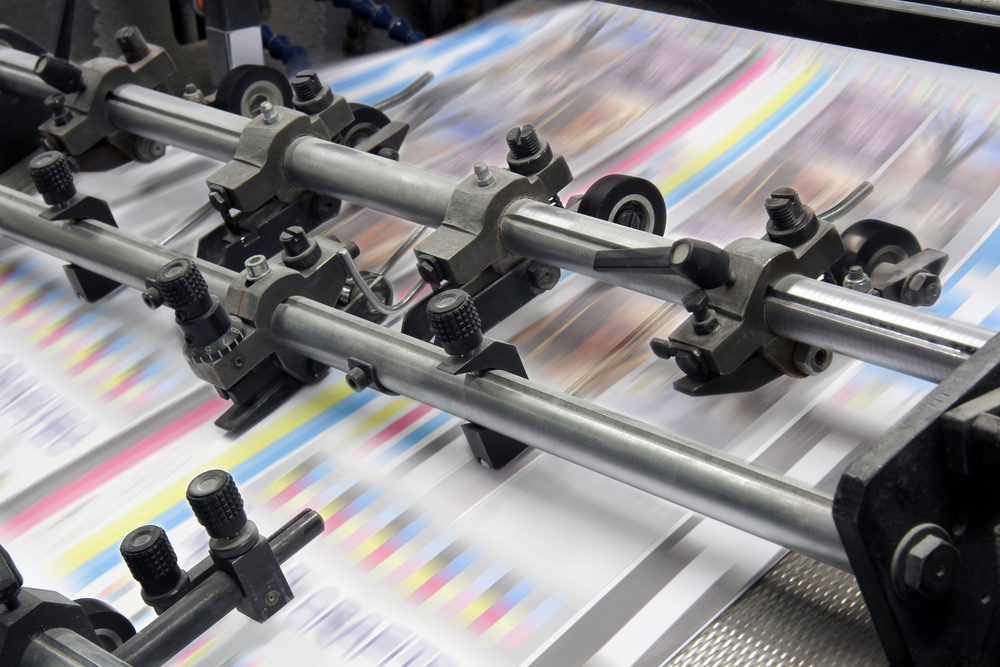News publishers discussed uniting against the unpermitted use of their news content for AI purposes in June.
They’re inching closer to finalizing a deal, with potential lawsuits to follow if AI companies don’t bend to their will.
Participants include influential executives and legal experts from premier organizations such as The New York Times, Vox Media, News Corp, Condé Nast, and IAC.
Barry Diller, the billionaire founder of newsgroup IAC, publicly addressed the unpermitted use of news data to train large language models (LLMs), arguing that the technology may reduce consumers’ interactions with news sites, leading to decreased revenues.
Similarly, IAC CEO Joey Levin said, “The thing that everyone wants to talk about is whether AI is going to take over the world to eliminate humans and all that stuff,” and warned that an AI takeover of media “could be more profound than that sort of sci-fi fear.”
News companies fear AI models negating direct traffic to their websites, thus resulting in a loss of revenue, while bots scrape data and condense it into a format that can’t be attributed to the source.
As Levin described it, “These large language models, or generative AI, are designed to steal the best of the internet.”
Publishers intend to unite against AI developers and secure fair payments
Diller encouraged news publishers to unite against AI developers, a noteworthy call to action amidst the fiercely competitive landscape of the publishing industry.
Rather than striking individual deals with tech companies, such as the £100m-per-year deal between the New York Times and Google, media companies are viewing resistance as a more robust long-term strategy. The Associated Press (AP) recently struck a deal with OpenAI to access its archive for AI training.
Publishers believe the figures should be much more significant than past deals, arguing they should receive a proportionate share of the value created by LLMs, likely amounting to billions of dollars.
Diller and other executives have also threatened to resort to legal action, and cases against AI developers such as OpenAI and Meta are already stacking up.
The AI industry’s somewhat shady leverage of ‘publicly available’ internet content has caused controversies and related lawsuits, including recent cases lodged by several authors against Meta and/or OpenAI.
Authors further upped the ante by co-signing an open letter advocating for fair use of their work. The letter received 8,000 signatures and is backed by the Author’s Guild, which also threatens lawsuits if AI companies continue to allegedly scrape copyrighted work from illicit ‘shadow libraries.’
Shadow libraries are file repositories containing illegally copied fiction and non-fiction works, similar to torrent websites.
The outcomes of these cases may govern how AI companies build their datasets, and the days of freely scraping dubious ‘public’ sources may be coming to an end.





